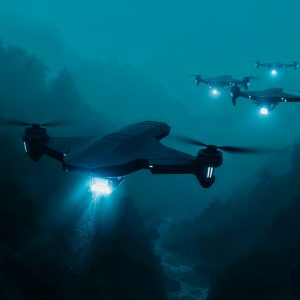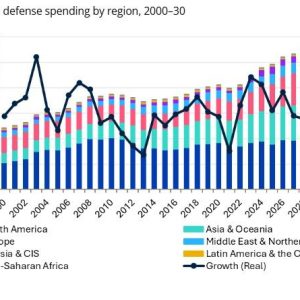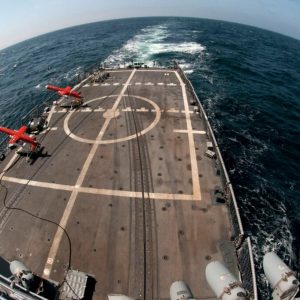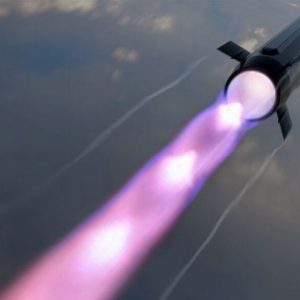Airbus partners with AI Start-Up for FCAS. Airbus Defence and Space has announced a strategic partnership with AI start-up NeuralAgent to advance the Future Combat Air System (FCAS) project. This collaboration aims to leverage cutting-edge artificial intelligence (AI) technologies to enhance the capabilities of next-generation combat aircraft and secure air dominance for years to come. The FCAS project, a cornerstone of European defense innovation, promises to revolutionize military aviation with unprecedented levels of automation, situational awareness, and decision-making efficiency.
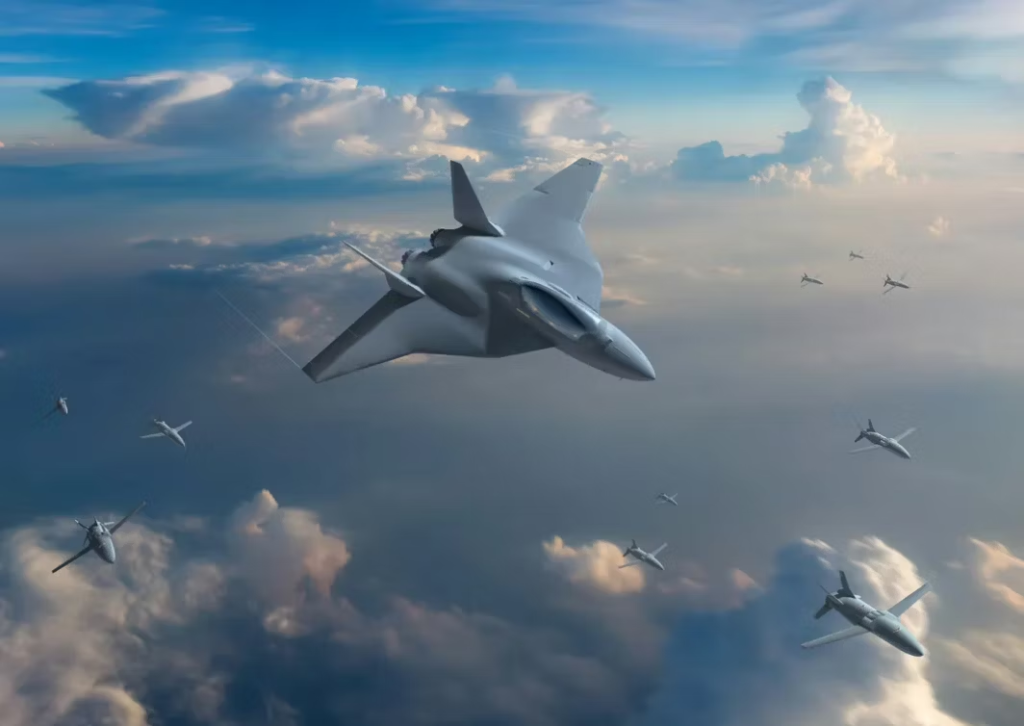
Airbus partners with AI Start-Up
The integration of AI into the Future Combat Air System represents a monumental shift in military aviation. NeuralAgent, a leader in AI and machine learning, brings its expertise to the table, offering innovative solutions that will transform how combat missions are planned and executed. This partnership is poised to deliver a range of advanced capabilities, including:
- Autonomous Operations: AI-driven autonomous systems will enable aircraft to operate independently, reducing the need for human intervention and increasing operational efficiency.
- Enhanced Situational Awareness: Through real-time data processing and advanced analytics, AI will provide pilots and command centers with comprehensive situational awareness, enabling quicker and more informed decision-making.
- Predictive Maintenance: AI algorithms will analyze aircraft data to predict maintenance needs, thereby reducing downtime and ensuring fleet readiness.
- Combat Simulation and Training: AI-powered simulation tools will offer realistic training environments, enhancing the preparedness of pilots and ground crews.
The Strategic Importance of FCAS
The Future Combat Air System is a joint endeavor between several European nations, including Germany, France, and Spain, aimed at developing a next-generation air combat system by 2040. This initiative is critical for maintaining European defense autonomy and ensuring that European air forces remain at the forefront of technological advancement.
Key Components of FCAS
- Next-Generation Fighter (NGF): The NGF will be the cornerstone of the FCAS, designed to operate in highly contested environments and equipped with advanced stealth, sensor, and weapon systems.
- Remote Carriers (RCs): These unmanned systems will support manned aircraft by extending their reach and capabilities, conducting surveillance, electronic warfare, and precision strikes.
- Combat Cloud: A secure, resilient, and agile network that integrates all elements of the FCAS, enabling seamless information sharing and coordination among platforms.
AI-Powered Innovations by NeuralAgent
Airbus partners with AI Start-Up. NeuralAgent’s role in the FCAS project centers on developing AI technologies that enhance combat aircraft’s operational effectiveness and survivability. Some of the key innovations include:
Autonomous Mission Planning
AI algorithms will enable autonomous mission planning, allowing aircraft to adapt to changing battlefield conditions in real-time. This capability will be crucial for executing complex missions in dynamic and contested environments.
Advanced Sensor Fusion
NeuralAgent is pioneering advanced sensor fusion techniques that combine data from multiple sensors to create a unified operational picture. This technology will enhance threat detection, target identification, and situational awareness.
Cognitive Electronic Warfare
The integration of AI into electronic warfare systems will enable aircraft to anticipate and counter enemy electronic attacks more effectively. Cognitive electronic warfare systems will learn and adapt to new threats, ensuring continued operational superiority.
Collaborative Research and Development
The partnership between Airbus Defence and Space and NeuralAgent emphasizes collaborative research and development. By combining the extensive aerospace expertise of Airbus with the cutting-edge AI innovations of NeuralAgent, the FCAS project is set to achieve unprecedented advancements in combat aviation.
Joint AI Laboratories
The establishment of joint AI laboratories will facilitate the rapid development and testing of AI technologies. These labs will serve as hubs for innovation, bringing together experts from both organizations to tackle complex challenges and develop groundbreaking solutions.
Field Trials and Simulations
Extensive field trials and simulations will be conducted to validate AI technologies in real-world scenarios. These efforts will ensure that the developed systems are robust, reliable, and capable of performing under the most demanding conditions.
Enhancing European Defense Capabilities
The FCAS project, supported by AI innovations from NeuralAgent, is poised to significantly enhance European defense capabilities. By developing a highly integrated and technologically advanced combat air system, European nations will be better equipped to address emerging threats and maintain strategic deterrence.
Strengthening Transnational Collaboration
The FCAS project exemplifies the importance of transnational collaboration in defense innovation. By pooling resources and expertise, European nations can achieve greater technological advancements and ensure interoperability among their armed forces.
Economic and Technological Impact
The development of the FCAS and its associated AI technologies will have a profound economic and technological impact. It will drive innovation in the aerospace sector, create high-tech jobs, and stimulate economic growth across Europe.
Future Prospects and Challenges
While the partnership between Airbus Defence and Space and NeuralAgent holds great promise, the development and integration of AI technologies into the FCAS project also present significant challenges. Addressing these challenges will be crucial for the successful realization of the project’s objectives.
Technical Challenges
- Data Integration and Processing: Integrating and processing vast amounts of data from diverse sources in real-time is a major technical hurdle. AI systems must be capable of handling this data efficiently to provide actionable insights.
- Cybersecurity: Ensuring the cybersecurity of AI-driven systems is paramount. These systems must be resilient against cyber-attacks and capable of safeguarding sensitive information.
- System Interoperability: Achieving seamless interoperability between different components of the FCAS, including manned and unmanned platforms, is critical for operational effectiveness.
Regulatory and Ethical Considerations
- Ethical AI Use: The ethical use of AI in combat scenarios is a key consideration. Ensuring that AI systems operate within established legal and ethical frameworks is essential.
- Regulatory Compliance: Adhering to regulatory requirements and obtaining necessary certifications for AI technologies will be a complex and ongoing process.
Conclusion
The strategic partnership between Airbus Defence and Space and NeuralAgent marks a significant milestone in the evolution of military aviation. By harnessing the power of AI, the Future Combat Air System project is set to revolutionize combat operations, providing European air forces with a decisive technological edge. This collaboration not only enhances the operational capabilities of combat aircraft but also strengthens European defense autonomy and fosters innovation in the aerospace sector. As the FCAS project progresses, the combined expertise of Airbus and NeuralAgent will be instrumental in overcoming technical challenges and realizing the full potential of AI-driven combat systems.




